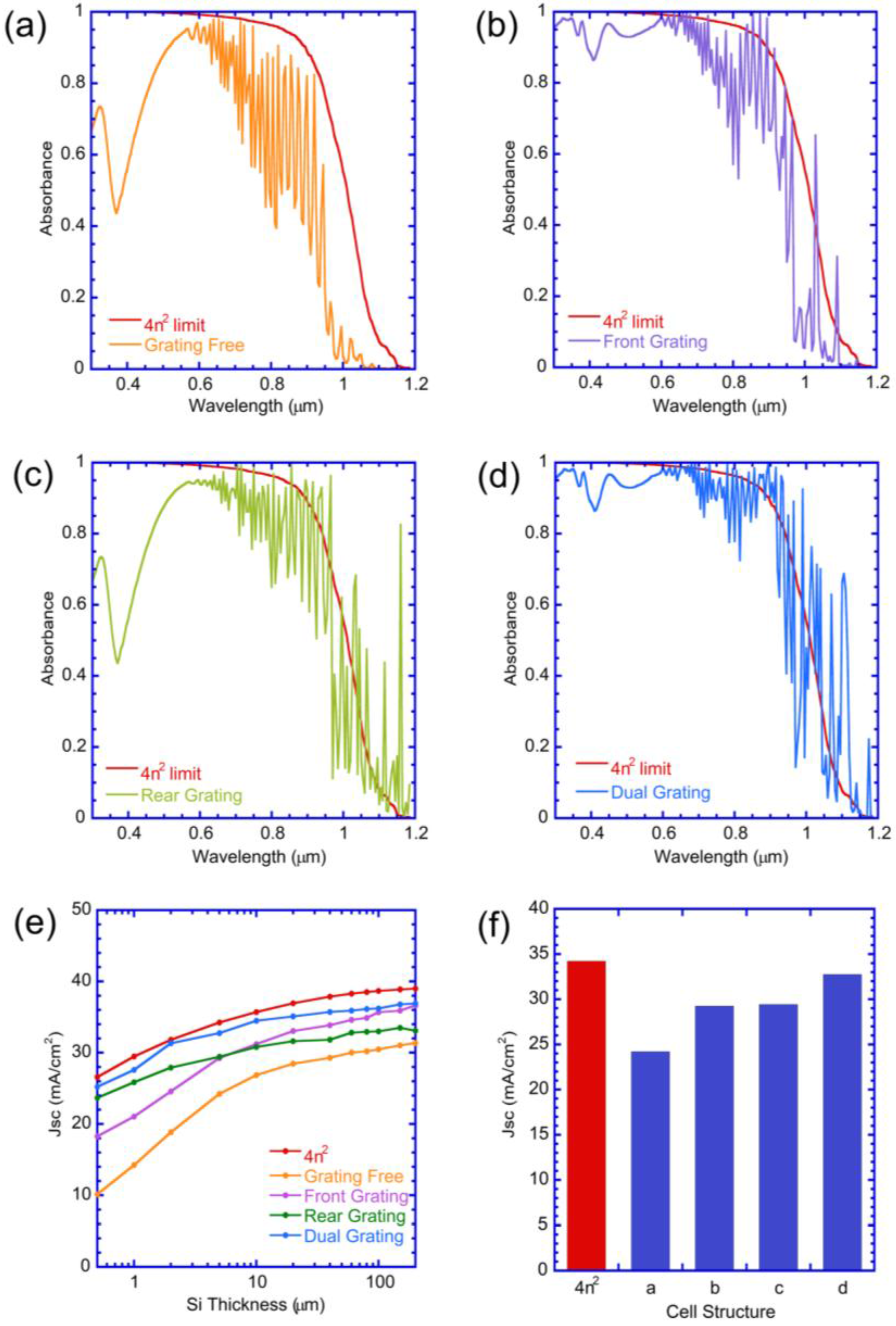What electro magnetic waves are absorbed by a solar cell.
Silicon solar panel absorption spectrum.
α 1 d.
The example used in the figure is an a si h layer with a thickness.
The cell has silicon mixed with two different impurities that produce.
Finally there are some losses due to manufacturing impurities in the silicon.
In addition there are some losses at the junction of the silicon cell with the electrical contacts that carry the current to the load.
Like conventional solar panels amorphous solar panels are made from silicon but they are constructed in a different way.
Such a layer absorbs essentially all photons with energies greaterthan 1 9 ev the energy at which.
Why uv panels are a con job.
Because of band to band absorption the absorption coefficient for.
A team of researchers from george washington university has devised a new layered solar panel that can absorb light from a wider range of the spectrum pushing the efficiency as high as a stunning.
Shown to the left is the complete spectrum of electro magnetic.
Amorphous silicon based solar cells.
D 500 nm.
Opticals gaps deduced from absorption spectra are between 0 8 ev and 1 50 ev depending on the precursor and deposition temperature.
The spectral response of a silicon solar cell under glass.
At short wavelengths below 400 nm the glass absorbs most of the light and the cell response is very low.
But solar panels only use a small portion of ultraviolet.
At long wavelengths the response fall back to zero.
The silicon solar team was friendly and prompt with a simple and effective solar sign lighting system.
The silicon atoms in a photovoltaic cell absorb energy from light wavelengths that roughly correspond to the visible spectrum.
Instead of being constructed from solid silicon wafers like mono or poly crystalline solar panels amorphous panels are made by depositing non crystalline silicon on a substrate like glass plastic or metal one layer of silicon on an amorphous solar panel can be as thin.
Because solar cells are semiconductor devices solar cells are spectrally selective absorbers implying that in principle the absorption factor of the absorbers in a pvt combi panel is lower than the absorption factor of a black absorber in a conventional solar thermal collector.
Solar panels mostly convert visible light into electrical energy and they also can make use of almost half the infrared energy.
Sunlight energy that reaches the ground is around 4 ultraviolet 43 visible light and 53 infrared.
36 annealing and crystallization processes in tetrahedrally bonded binary amorphous semiconductors are also being investigated.
We use these spectra to find out how much solar energy is absorbed by layers of varying thickness.

